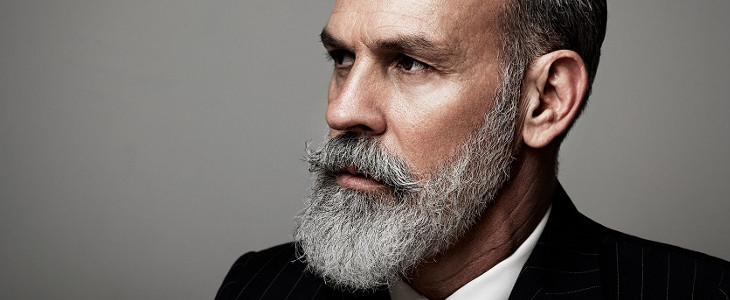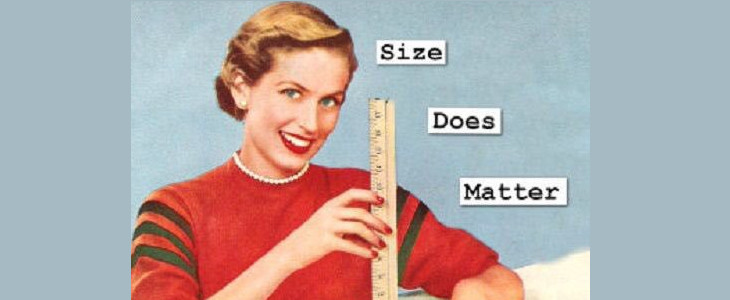A Tax on Beards Was Introduced in 1535!
A beard tax is one of several taxes introduced throughout history on men who wear beards. In 1535, King Henry VIII of England (who wore a beard himself), introduced a tax on beards. The tax was a graduated tax, varying with the wearer’s social position. Although there are contemporary documents evidencing that beard-pulling was a crime (punishable by fines), nothing has been found to support the existence of Henry VIII’s beard tax.
Emperor Peter 1st of Russia developed anti-beard sentiments after his 1697 grand tour of Western Europe. The tour convinced him that Russia was desperately behind-the-times — economically, scientifically, and sartorially — and inspired him to undertake substantial efforts towards modernising his country. As a consequence, in 1698 he introduced the beard tax to try and incentivise shaving (and eliminate beards in Russia).
The amount of tax levied was dependent upon the status of the bearded man. Peasants were charged two half-kopeks every time they entered a city, Muscovites 30 rubles per year, military, government, merchants and townsfolk 60 rubles per year, and wealthy merchants 100 rubles per year. Resistance to going clean shaven was widespread with many believing that it was a religious requirement for a man to wear a beard, so the tsar empowered police to forcibly and publicly shave those who refused to pay the tax.
Those who paid the beard tax were required to carry a ‘beard token’. This was a copper or silver token with a Russian Eagle on one side and on the reverse side, the lower part of a face with nose, mouth, whiskers, and beard. The tokens were inscribed with the phrases ‘The tax has been taken’ and ‘The beard is a superfluous burden’.
With the beard tax, tax planning was as simple as shaving the beard off. Russia’s beard tax was eliminated in 1772.
In 1907 a member of the New Jersey State Legislature introduced a bill for the graded taxation of men with beards. The legislator argued that men who grew beards had something to hide and pointed out that evil ‘celebrities’ such as ‘Holmes the Trunk Murderer’ and ‘Palmer the Poisoner’ were amongst prominent whisker-wearers. It was proposed that the tax for an ‘ordinary beard’ would be levied at $1 per year. For those men whose whiskers exceeded six inches long the charge was $2…per inch, a bald man with whiskers was an extra $5, while goatee beards were $10. Men sporting a ‘red beard’ (i.e. ginger), were to be charged an extra 20%. For reasons unknown, the bill was never actually legislated into law.
"You’d be stupid not to try to cut your tax bill and those that don’t are stupid in business"
- Bono: U2





